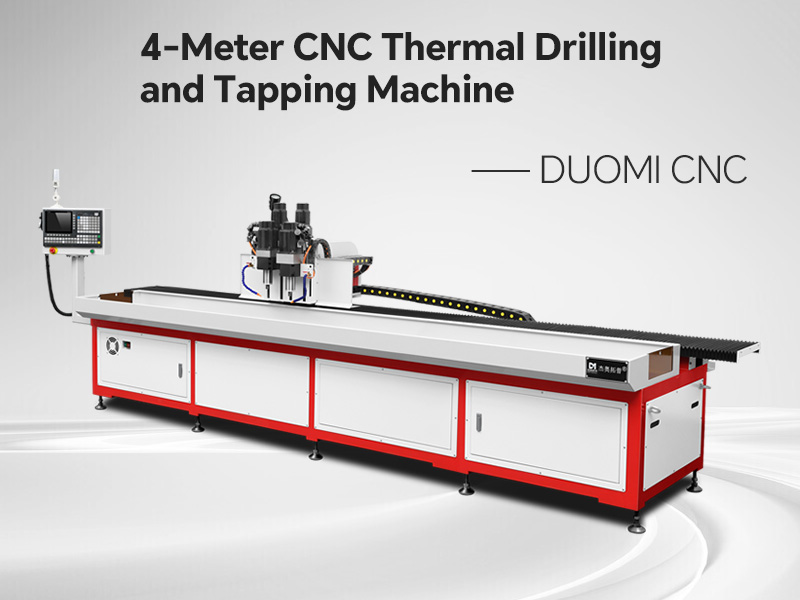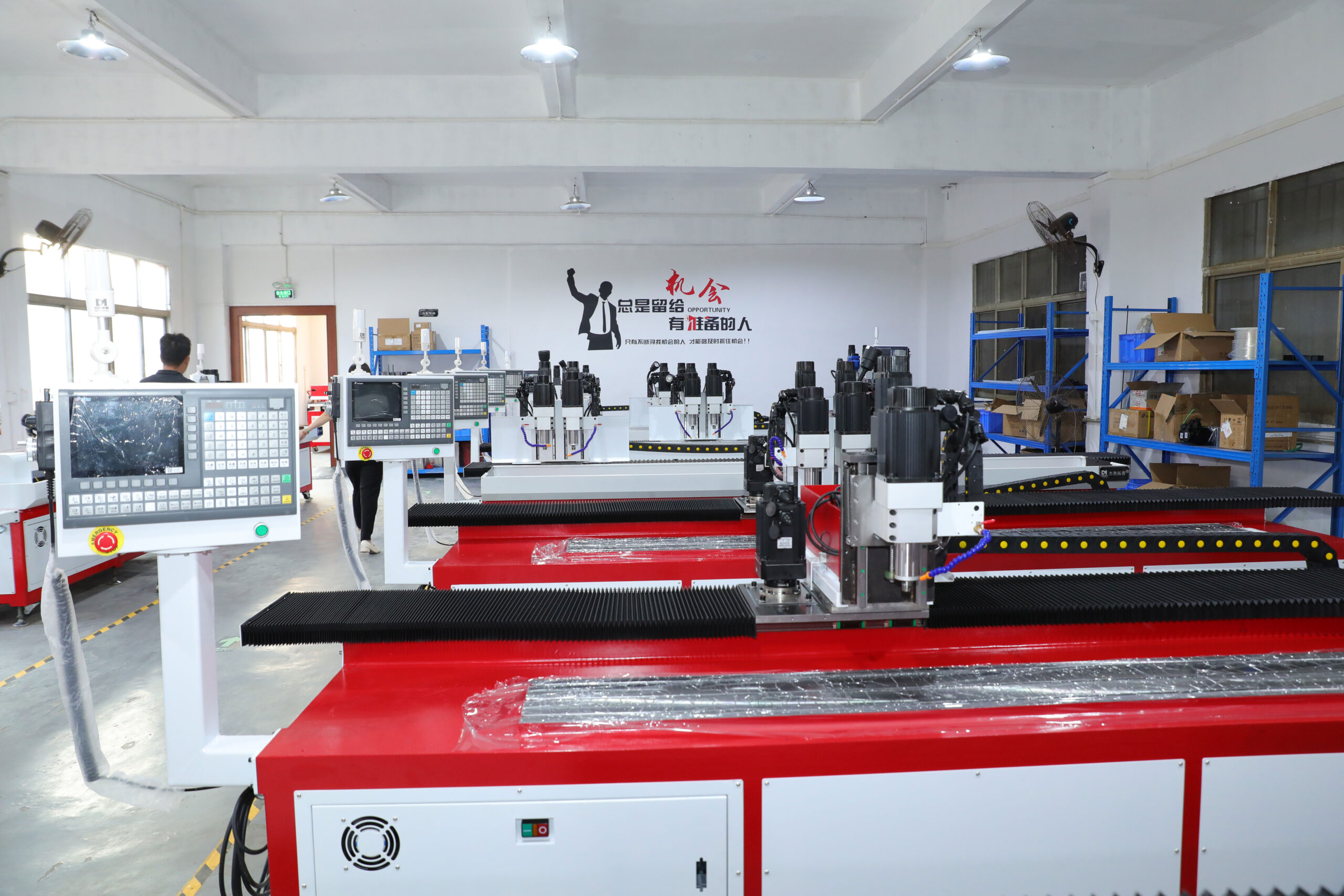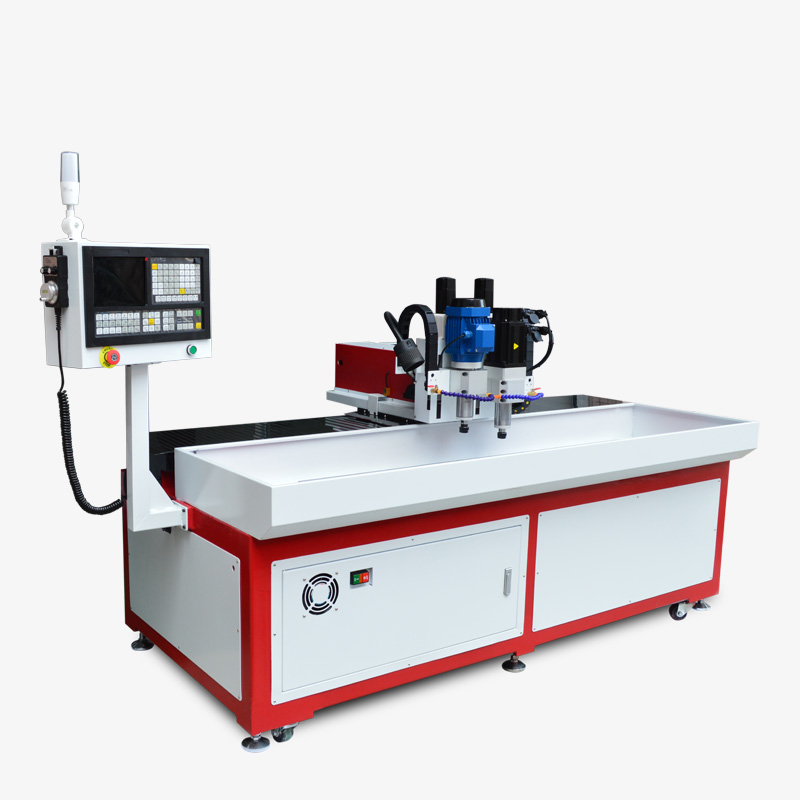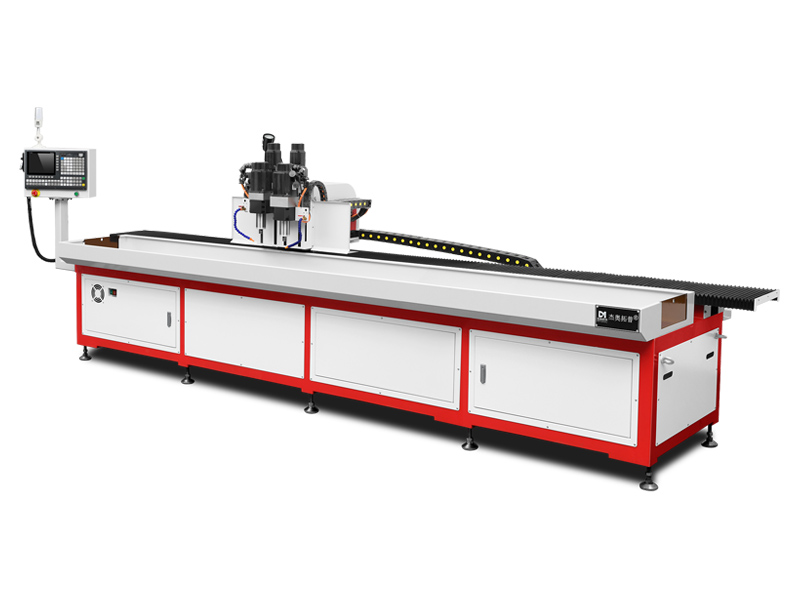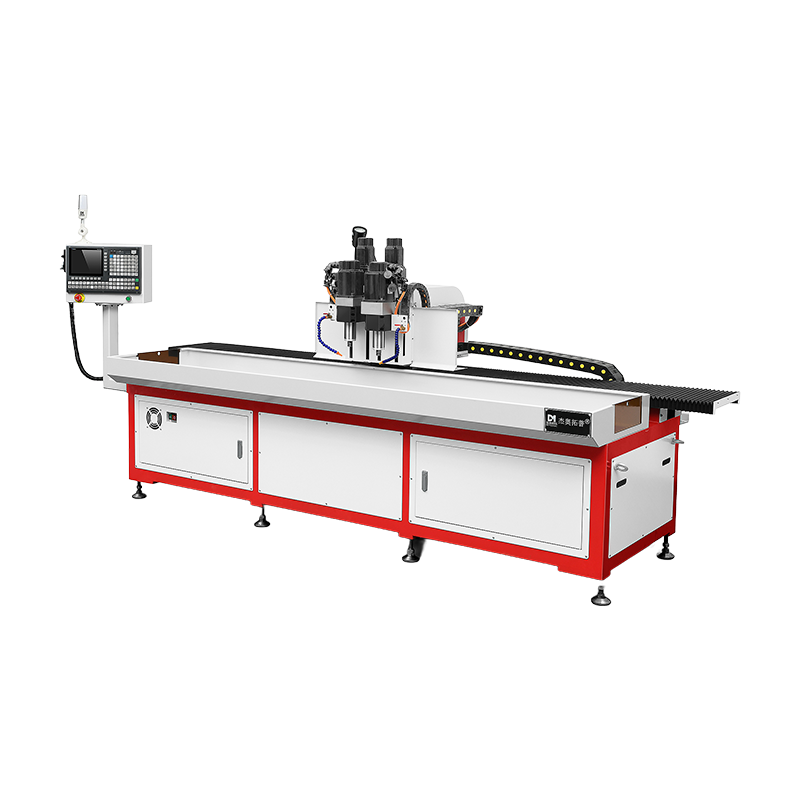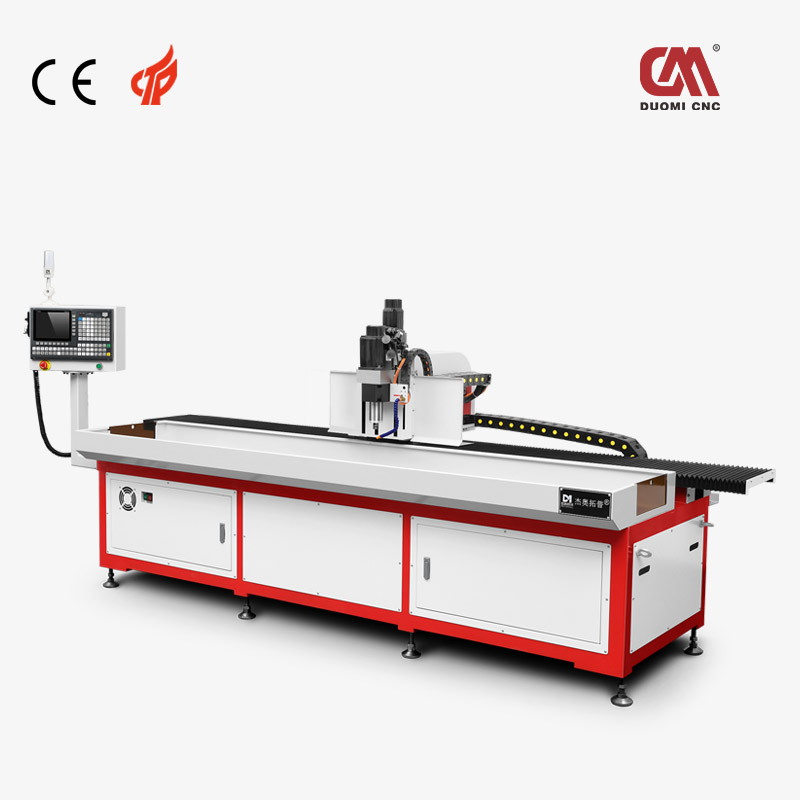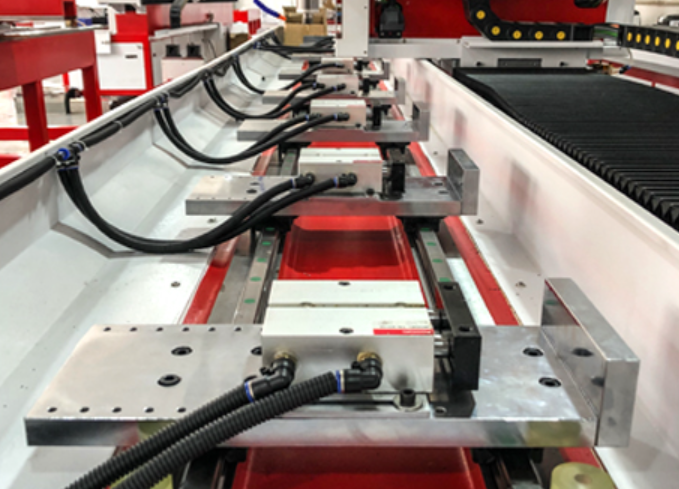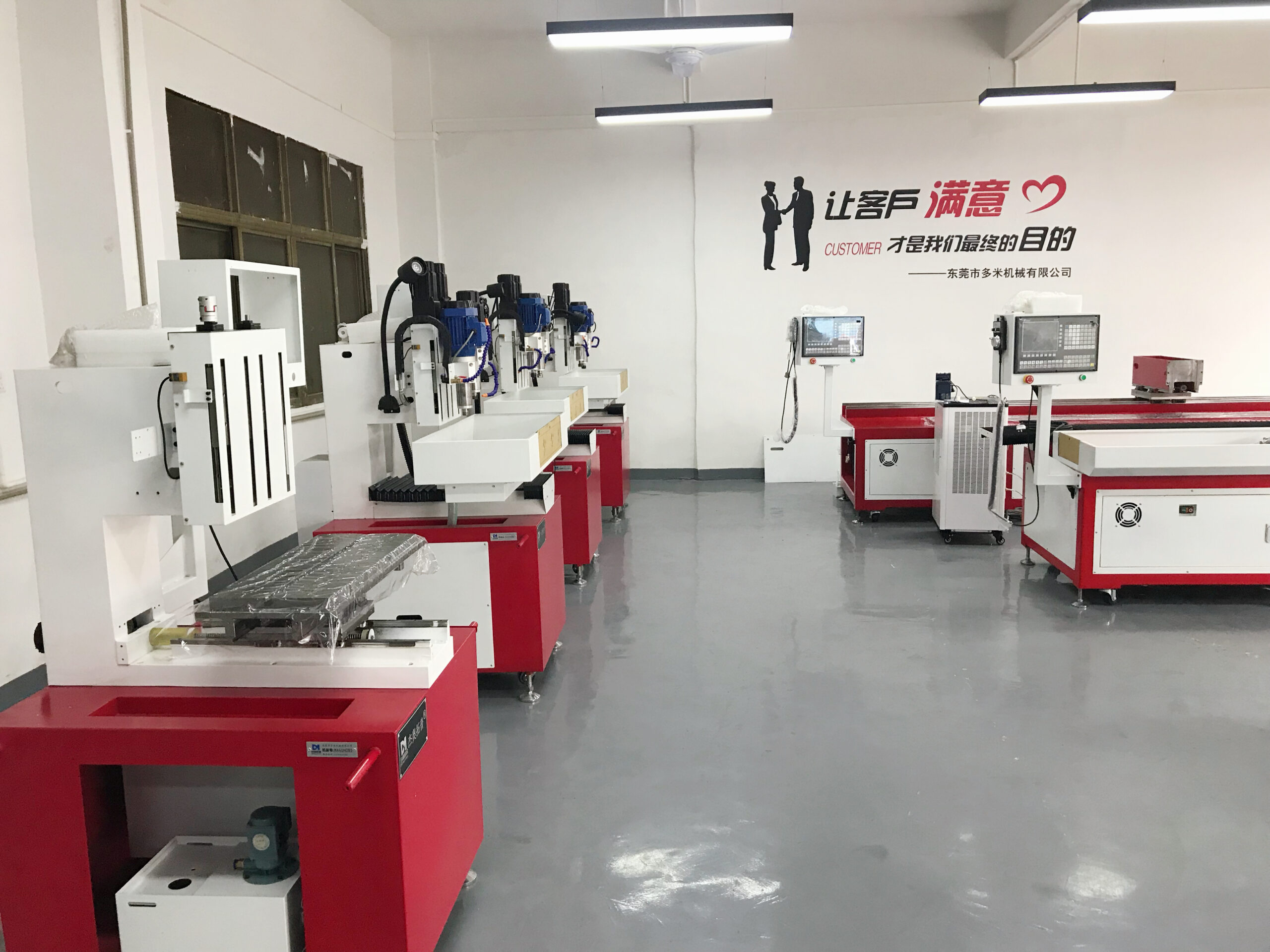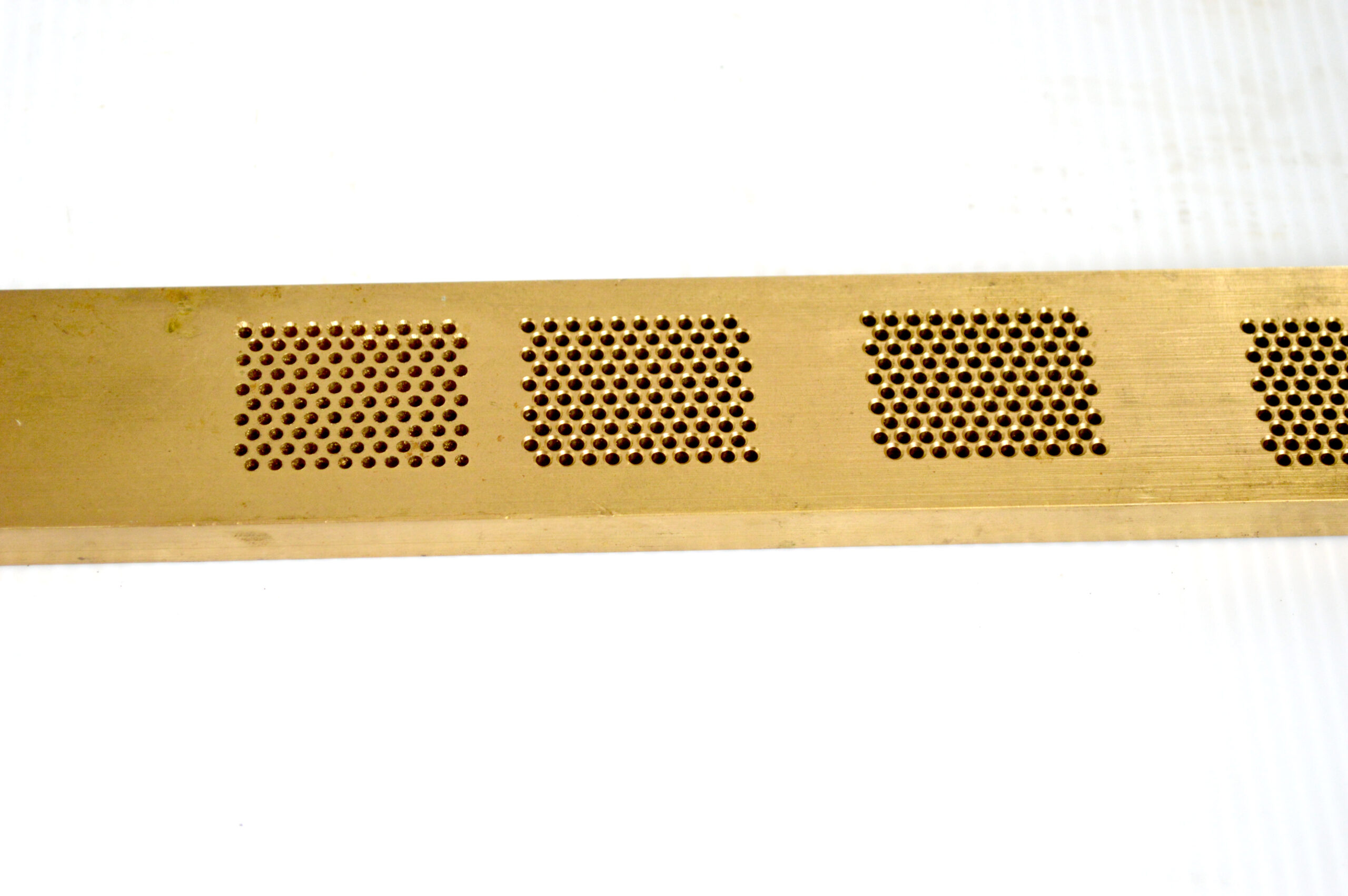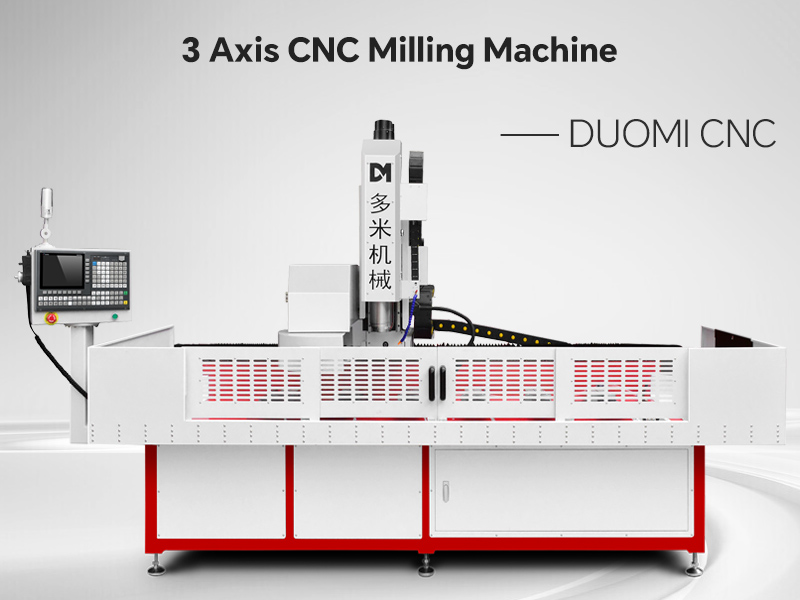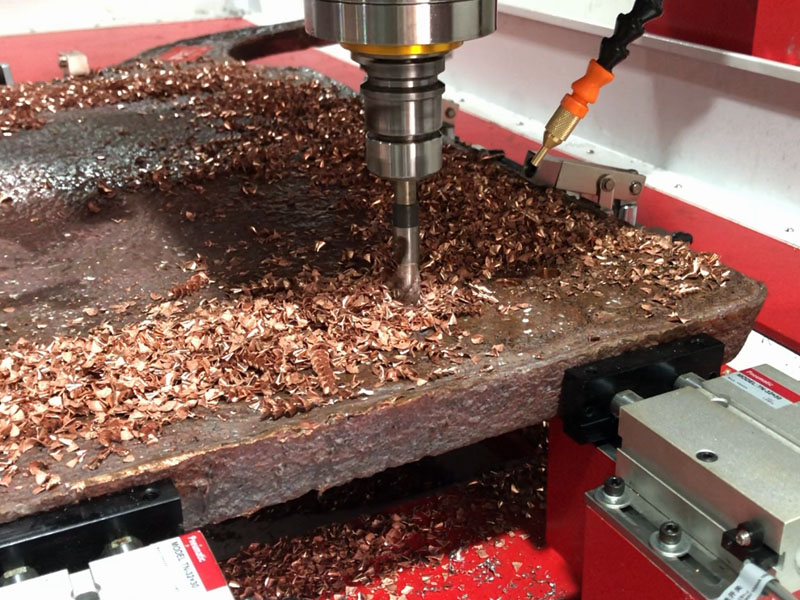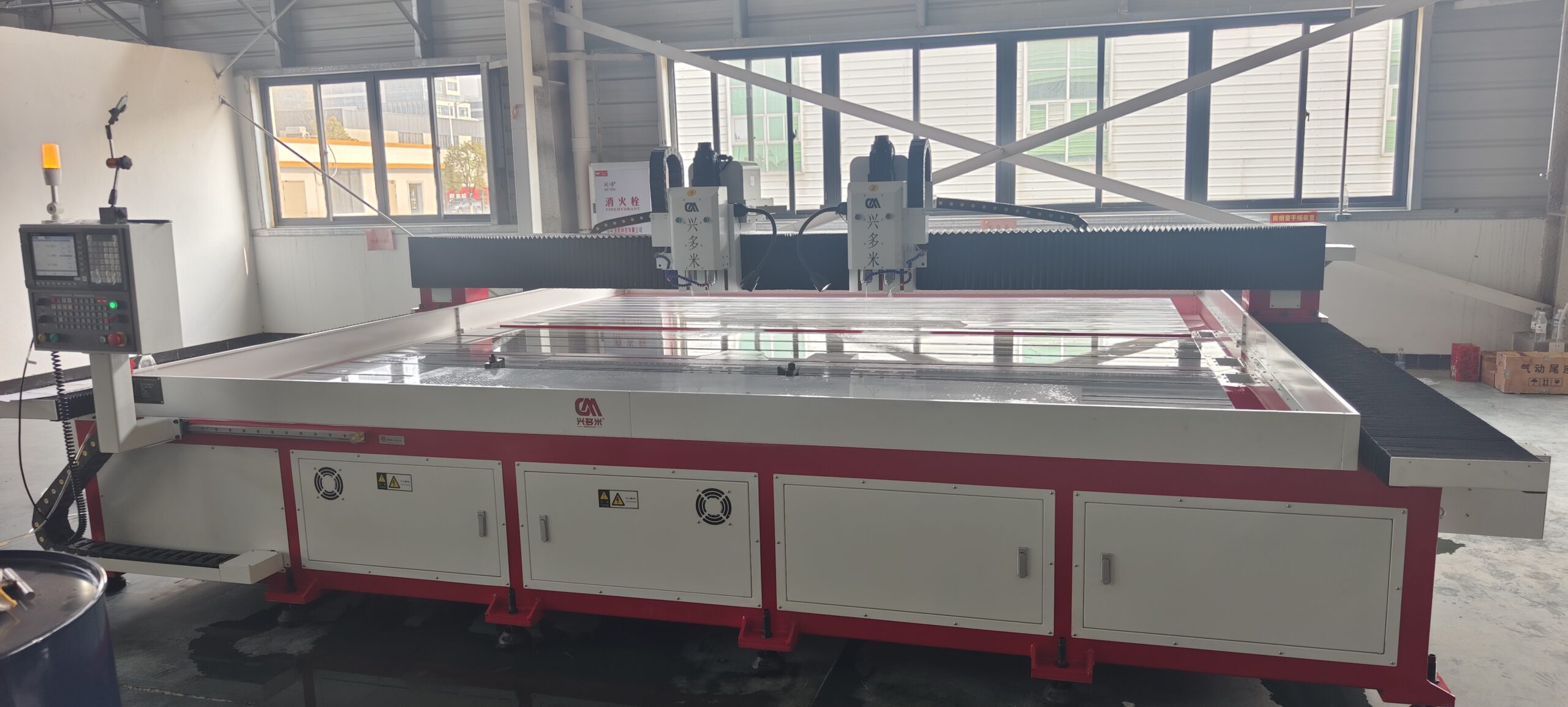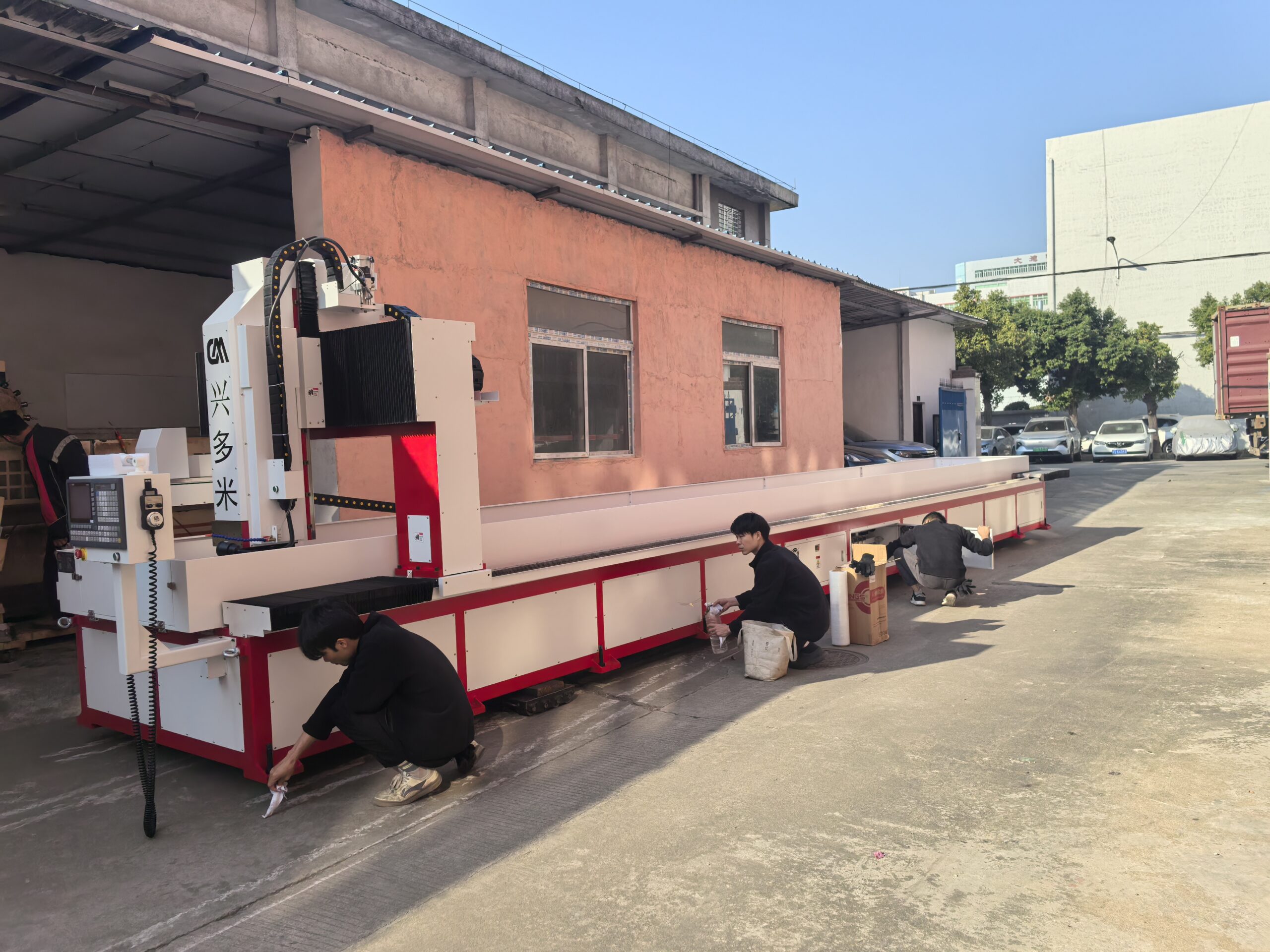CNC (Computer Numerical Control) machine shops play a pivotal role in modern manufacturing, offering precision and efficiency in creating complex components. These shops are integral for industries requiring high-quality, customized parts at scale.

Typical Industries Served
CNC machine shops serve a variety of industries where precision and durability are paramount:
Aerospace: Manufacturing high-performance components like turbine blades and structural parts.
Automotive: Producing engine parts, gear systems, and prototypes for new vehicle models.
Healthcare: Crafting surgical instruments, prosthetics, and medical device components.
Explanation of the Workflow
The workflow in a CNC machine shop is a seamless integration of technology and craftsmanship:
CAD Designs: Engineers create precise digital designs using Computer-Aided Design (CAD) software.
CAM Integration: These designs are converted into machine-readable instructions via Computer-Aided Manufacturing (CAM) software.
Material Preparation: Raw materials like metal or plastic are selected and prepped.
Machining Process: CNC machines execute the instructions to cut, drill, or mill the material into the desired shape.
Quality Control: Final products undergo rigorous inspections to ensure accuracy and compliance with specifications.
Cost-Effective for B2B Clients
Outsourcing to a CNC machine shop offers several advantages for B2B clients:
Reduced Overheads: Clients save on equipment costs, labor, and training.
Scalability: CNC shops can handle small batches or large production runs efficiently.
Expertise: Access to skilled professionals and cutting-edge technology ensures high-quality results.
Profit Margins of CNC Businesses
The profitability of CNC machine shops depends on various factors:
Startup Costs: Initial investments in CNC machines, software, and training can be substantial.
Operational Efficiency: Shops with automated processes and skilled operators achieve higher output and lower costs.
Market Demand: Industries like aerospace and healthcare have consistent needs for CNC services.
Profit Statistics: According to industry reports, well-run CNC businesses can achieve profit margins ranging from 10% to 30%, depending on specialization and scale.
Equipment and Technology Capabilities
State-of-the-art equipment and advanced technology are the backbone of a CNC machine shop:
CNC Mills and Lathes: Essential for machining precision parts.
Multi-Axis Machines: Enable complex cuts and reduce setup time.
Software Integration: CAD/CAM systems streamline design and manufacturing processes.
Automation: Robotic arms and automated systems enhance efficiency and reduce labor costs.
The Role of Innovation in Maintaining Profitability
Innovation is crucial for CNC shops to stay competitive and profitable:
Adopting Industry 4.0: Implementing IoT and data analytics for predictive maintenance and optimized workflows.
Sustainability: Using eco-friendly materials and energy-efficient machines to appeal to environmentally conscious clients.
Customization Capabilities: Offering tailored solutions for unique client needs.
Conclusion
CNC machine shops are a cornerstone of modern manufacturing, providing precision and reliability across industries. With their ability to adapt to technological advancements and market demands, these businesses remain both essential and profitable. Whether you’re exploring CNC services or considering starting a shop, the potential for growth and success in this field is significant.
Ready to take your manufacturing to the next level? Contact us today to discuss how our CNC machining expertise can meet your business needs.

